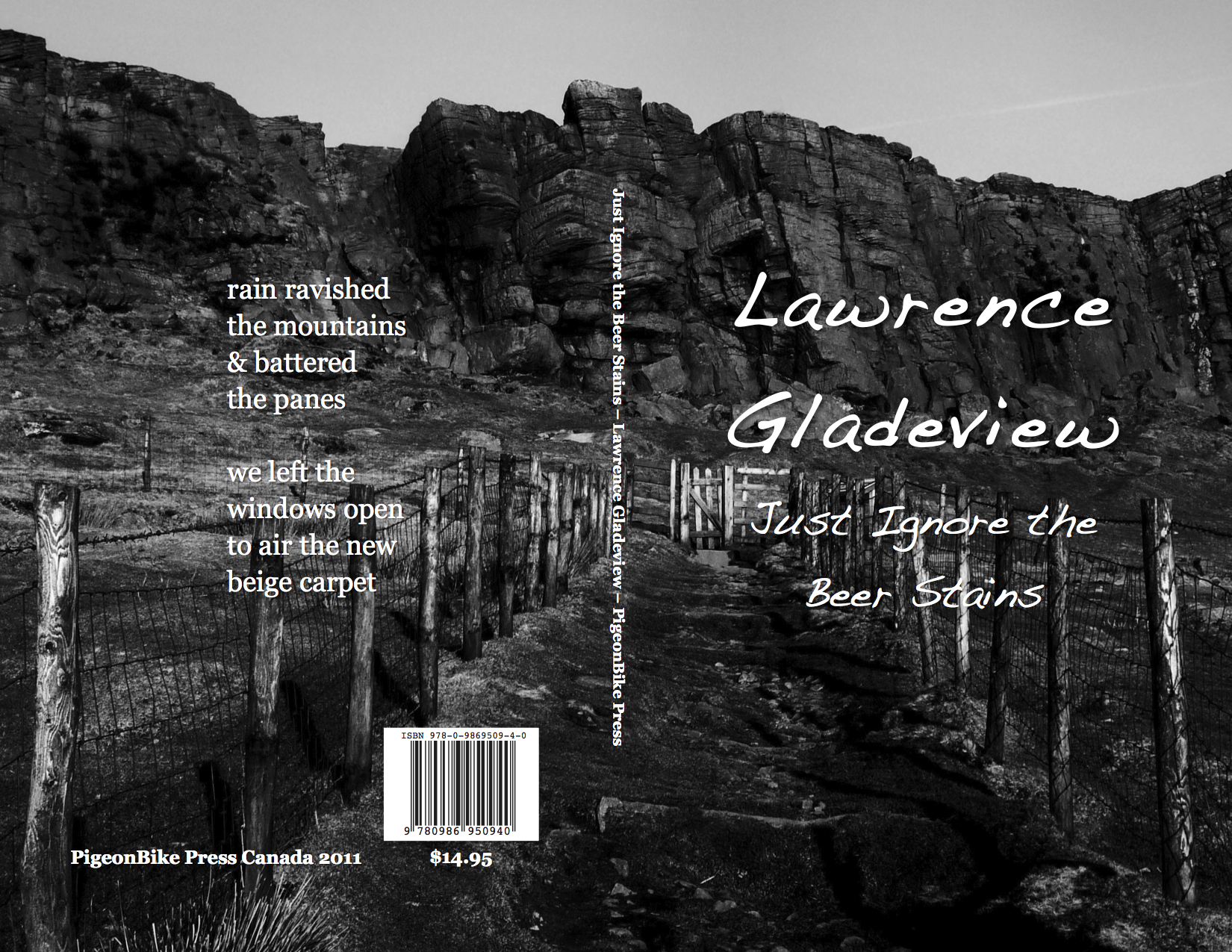Histories of the Future Perfect by Ellen Kombiyil
– Reviewed by Tim Vallence –
I have lived with Histories of the Future Perfect for several weeks now and it is quite frankly one of the best new collections I have read for a long time. The range is astonishing, leaping with remarkable skill and subtlety from trilobites, to interstellar travel, to distressing elegy and scientific speculation, all held together by three ‘recurring’ sonnets which are striking in their representations of personal loss and memory.
‘Recurring 1’ sets a tone for many of the poems, using an almost manic dance floor as a setting (as each of these three poems do), but with a heartbreaking grief at the forefront:
I tell you I miss you
with my heart not my words because you are
a word for both longing and sorrow
& I claim you now with my silent mouth
‘Recurring 2’ and ‘Recurring 3’ inhabit the same physical territory of the dance floor, amplifying the sorrowing memories of the first poem. The second descends into a menacing violent physical dissection of pig skulls and the analogous thumping physicality of dancing in ‘set steps’, knowing what will happen next.
The third of these recurring poems is perhaps the strongest. This is a ‘version with sound turned down’ and speaks of gradual coming to terms with a broken heart, first love, desire and loss. The ‘sound’ may be turned down but not the remembering, and hard learned wisdom gradually turns to the insubstantial: ‘I can’t recall your face only a fact / ghost white glistening in panic’.
‘On the Electrodynamics of Moving Bodies’ uses another motif of the collection – skating – and becomes a wide-ranging reflection on time and space, taking us spinning ‘through dark’ via quotations from Faulkner to a ‘sequined girl (who) / circumnavigates trilobites etched in stone, or their illusion’.
Unreliable memory is taken up in ‘Masquerade’, where a sudden eruption into French (‘N’importe quoi’ (whatever!)) translates the illusory nature of the masque, always searching for the human connections that swerve through so many of these poems.
Colours and ideas return over and again like grace notes, brutality surfacing in unexpected places. ‘Primal Kiss’ is ostensibly about the butchering of a swan: just as the swan’s neck ‘blooms a carnation’, love becomes ‘lava spilling out & cooling onto rock’.
Many poems are about the illusory nature of things, change and drifting memories, speaking through the voices of the dead. Images are tough and strong, but with a delicacy of touch, imagination almost running beyond the ability of words to keep up. This is not a criticism. In a world where too much imagination is treated as a weakness of some kind (and there are poems here that don’t quite work: ‘Emerging’, for example, just doesn’t quite get there), this collection resonates with a clarity all too rare in first books. It is a beautiful response to the need for lyric poetry to react to the world, using that reinvention to shift to new modes of poetic experience. To use the tense of the title: I would hope that this is a collection that will have had a very wide reading before too long. Good stuff indeed.





